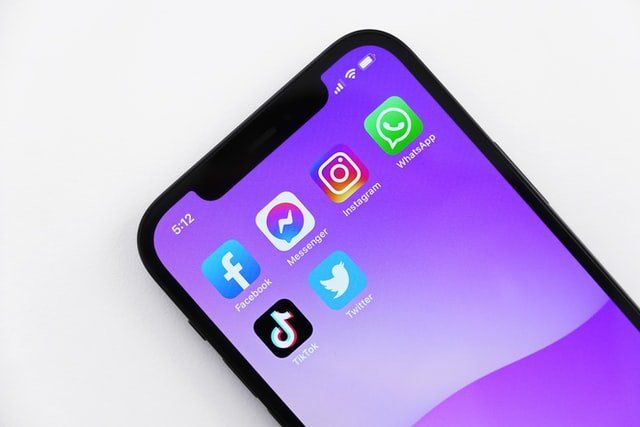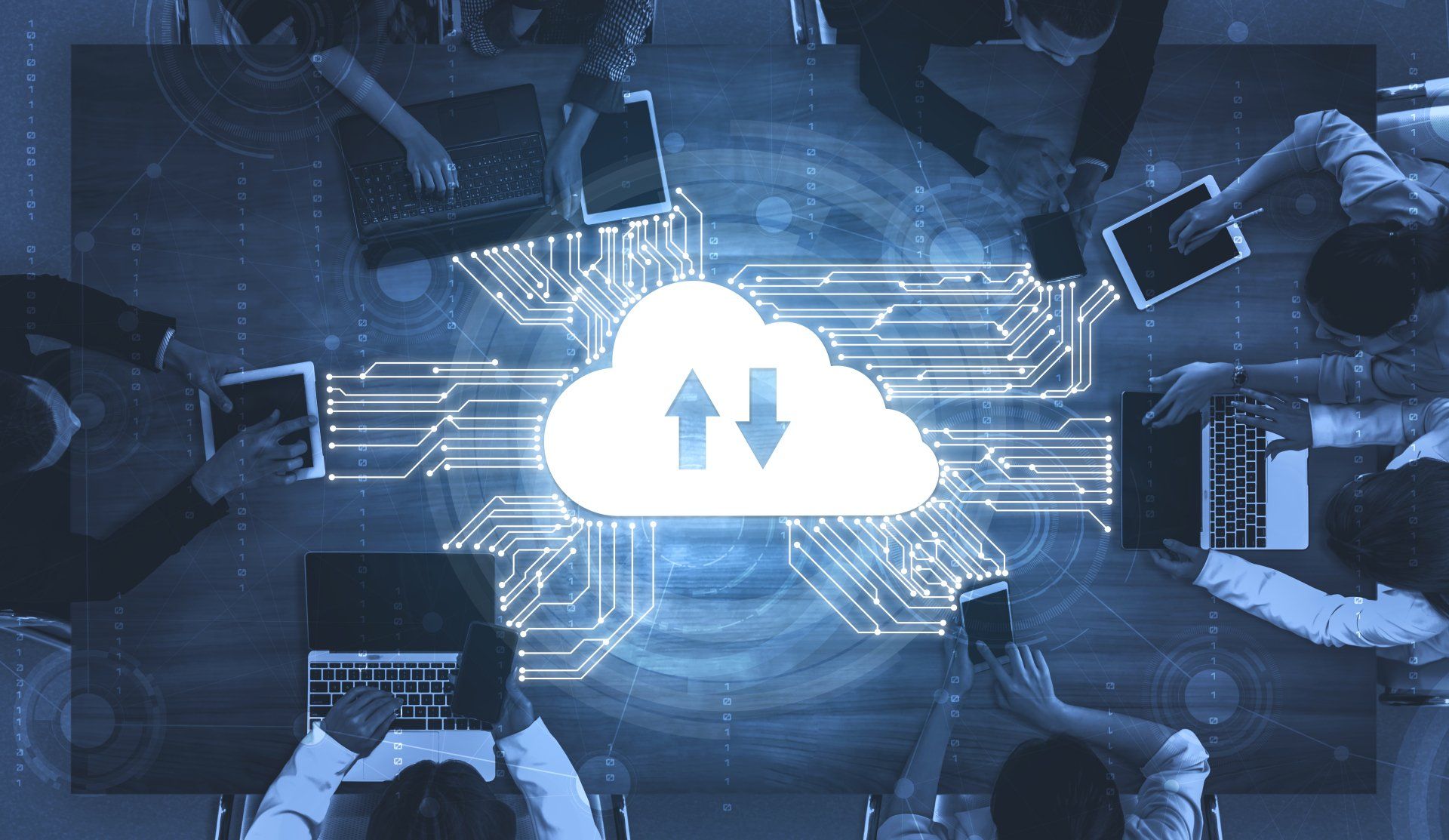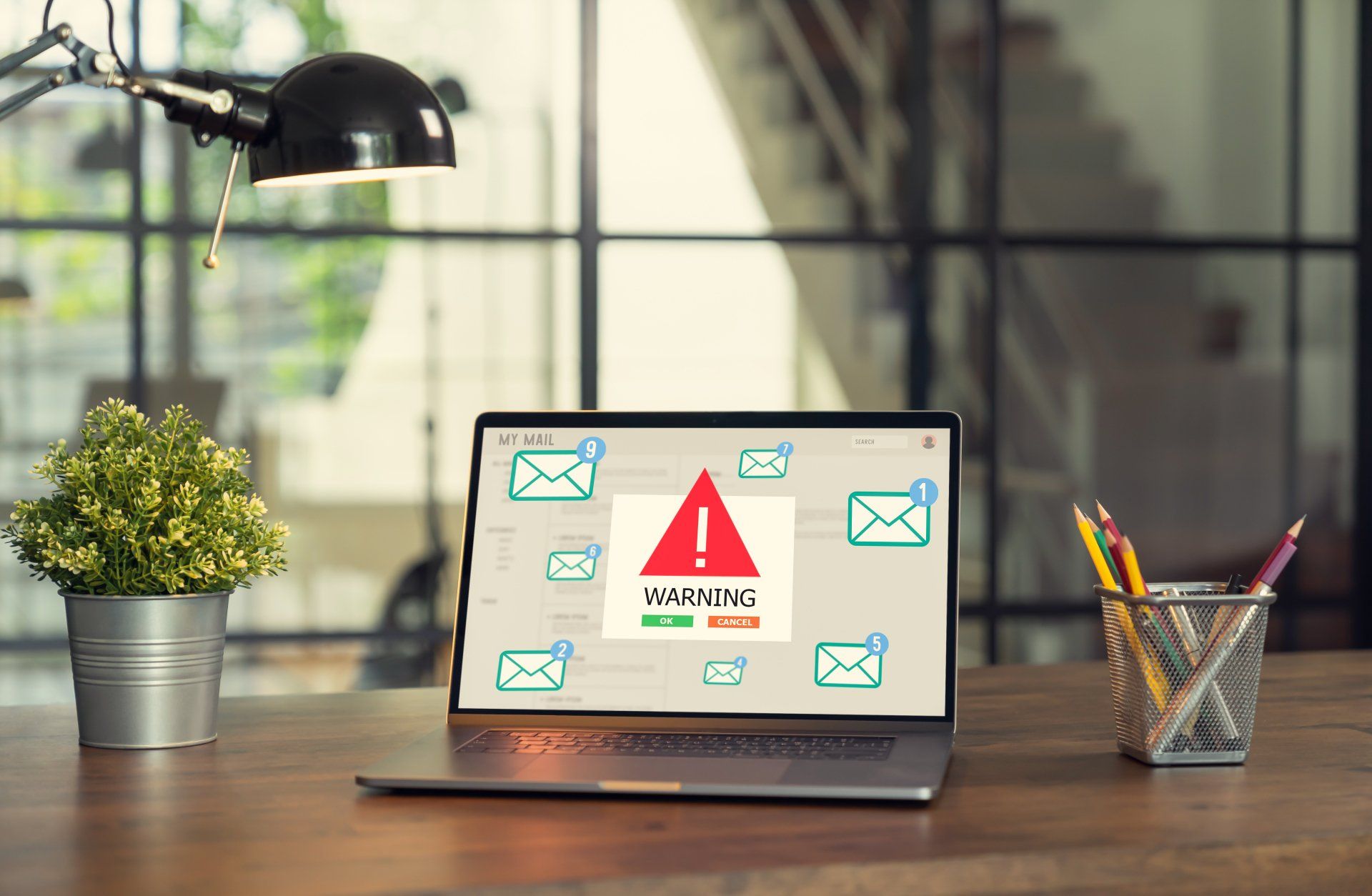Protect Your Practice Against URL Phishing or Fake Websites
Healthcare data breaches are now at a record high. Between January 1 and December 31, 2021, 712 healthcare data breaches were reported, an average of 59 each month.
When you are online, it’s essential to be aware of the many dangers that lurk in the digital world. One of these dangers is the existence of fake websites.
Cybercriminals are always on the lookout for new ways to target and access sensitive information from their victims. One of their latest strategies is URL phishing.
What Is URL Phishing?
URL phishing is a form of cybercrime that uses Uniform Resource Locators (URLs) to deceive people into revealing their personal information.
URLs are a sequence of characters representing the web address for a given website. They’re usually shown in the form of a hyperlink on web pages and emails.
A URL is basically what you see on the address bar of your browser. URLs are made up of a protocol (such as
http
or
https), a domain name (such as
ertechpros.com), and a path (such as
/contact-us).
An example of a URL
In a URL phishing attack, the person being targeted is directed to a website with an address that looks like a legitimate URL. This can be done through social media, email, text, or any other form of communication.
For example, an attacker sends you a URL that looks like it's from your bank, but is actually a fake webpage designed to steal your banking information.
The Most Common Signs of a Fake Website
URL phishing is more prevalent than anyone realizes. To protect yourself and your clinic staff, it’s only natural that you need to recognize what a fraudulent website looks like.
These fake websites are designed with the intent of scamming or stealing your personal information. They often look very similar to legitimate websites, so it can be difficult to tell them apart.
Some of the most noticeable indicators of a phishing website include the following:
- The URL looks strange or doesn't complement the organization it's supposed to represent
- The URL contains some unusual characters
- The website asks for personal information
- The website asks you to download software
- The website looks like a fake website
- The web address is misspelled
- The web address is long and complicated
- The web address includes random numbers and letters
- The web address starts with http:// instead of https://
How to Identify a Phishing URL
Just because a site looks authentic doesn’t mean it is. It can be difficult to catch malicious links because they look like they're coming from a credible source.
Phishers are capable of designing sites that look identical to legitimate sites. They copy their user interfaces and logos. Phishers even create what appear to be authentic privacy policies and SSL certificates.
Websites that are commonly faked include e-commerce sites like Amazon and eBay, streaming sites such as Netflix and HBO Max, and banking sites you might use.
URL phishing can be spotted in several ways:
Check the sender's email address instead of the display name.
The display name is not a reliable way of determining whether an email is trustworthy or not. A phisher can easily spoof any name in an email and make it look as if it came from the company it claims to represent.
The only way you can tell if an email is legitimate is by checking the email address of the sender to make sure it matches up what you'd expect from that company.
Check the domain name.
It’s common for phishers to use domain names that have minor misspellings or alterations. For example, amazon.com could be changed to amaz0n.com.
You may receive emails from
cs-reply@amazonhelp.com instead of the correct one:
cs-reply@amazon.com. Keep your eyes open for misspelled or impersonated emails.
Check the links first.
In URL phishing attacks, malicious links are used to trick recipients into clicking. You can verify the links in an email by hovering your mouse over them.
If you come across suspicious links, you can use a URL phishing checker like
phishtank.com to find out if the links are legitimate or not.
When possible, avoid clicking any links and go directly to the company's website.
How You Can Keep Your Medical Practice Safe From URL Phishing
It's beneficial to learn how to detect URL phishing attacks. However, you can take further steps to enhance your clinic's protection against this threat.
You can better protect your clinic from URL phishing by following these steps.
Conduct regular cybersecurity training and phishing simulations.
Educating your staff and implementing best practices is your clinic’s first line of defense against cyber attacks like URL phishing.
With
regular cybersecurity training, your staff can stay informed about the latest tactics fraudsters use and how to combat them. You can also help your staff stay vigilant and identify scams before these cause any damage by running periodic simulations.
In a sector plagued by cyber attacks, a simple training program won't cut it. Ensure that your cybersecurity training and hands-on exercises are designed specifically for healthcare professionals to maximize effectiveness.
Implement URL filtering.
URL filtering is a way to prevent phishing attempts and other harmful URLs from reaching your network. It’s commonly used by corporate networks as well as schools and colleges.
URL filtering can help control the types of websites your staff can access while at work. This can help to keep them from accidentally accessing malicious websites that could harm your computers or your patients' data.
This can be done manually by your IT team or through a URL filtering solution that will provide a comprehensive list of the websites that are blocked or allowed. URL filtering tools can also detect and block fake URLs in emails.
Deploy advanced email security powered by AI.
Almost every practicing physician is at risk of being defrauded. Just one click of the wrong link and they could find themselves victims of a scam.
A tool that uses artificial intelligence (AI) to scan email traffic in real time can prevent some unwanted emails with phony website links. They detect abnormal traffic behavior on their systems and catch URL phishing before it even reaches a user's inbox.
Outsource healthcare cybersecurity to experts.
Healthcare organizations have limited cybersecurity staff and are focused on patient care, so staying on top of such threats can be difficult. In contrast, managed service providers (MSPs) have a wealth of knowledge when it comes to protecting against cyber attacks and mitigating the risks associated with them.
Dedicated healthcare MSPs can help protect your practice against URL phishing attacks through 24/7 monitoring. Plus, they’re much more affordable than hiring in-house IT personnel, who only work a limited number of hours.
Healthcare organizations have a responsibility to protect their patients' data, and having their cybersecurity concerns outsourced to reliable experts can help them do just that.
Don’t Be a Victim of URL Phishing Scam and Other Cyber Attacks
There is a constant threat of phishing attacks, which can have devastating outcomes. Bear in mind that they’re hard to prevent if not taken seriously.
When a healthcare organization falls victim to a phishing attack, it can be difficult for them to fully recover and return to normalcy. Their reputation is already damaged and patients may refuse to come back in the future.
ER Tech Pros has worked with hundreds of clinicians for several years. As a result, we have the skills not just to solve their concerns, but also to anticipate them. Your practice could be the next one that we can help.
Schedule a free IT assessment today to learn how to better protect your clinic from phishing attacks.
Search Articles












